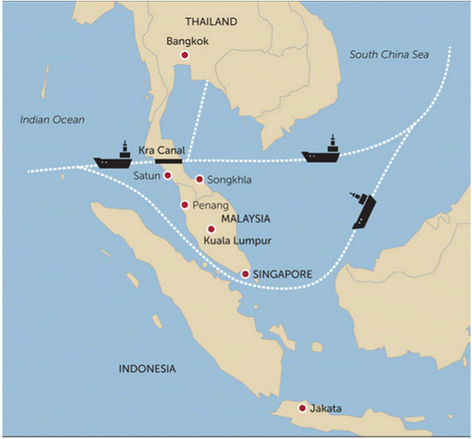THE rollout of COVID-19 vaccination passports in countries like Australia, Denmark and the UK seems to be an attempt to restore normalcy, with many other countries set to follow in their footsteps in the near future.
A health passport is a universal document that carries a digital record of whether holders have been tested or vaccinated for COVID-19. Currently, almost every country in the world requires evidence of a negative COVID-19 test before granting permission to enter its borders.
But while credentials identifying those who have been inoculated is a positive move towards helping countries reopen after lockdown, the need for essential questions about fairness, privacy and data protection should not be ignored.
For one, it will take a significant amount of time to vaccinate the global population, especially those in less advanced countries, or in different age groups. Should the health passports be mandatory to travel, wouldn’t this discriminate against those who wish to travel but have yet to be vaccinated?
The same goes for people who may not be able to get vaccinated for health purposes, and those who may simply not want it. And then, there are those aged under 18 who are not in the vaccination programme. Would this mean that travel will be permanently prohibited for them, then?
Many have also argued that health passports could be discriminatory in creating a new distinction between individuals based on their health status (vaccinated vs not vaccinated), which can be then used to determine the degree of freedom and rights people get to enjoy.
Although health passports are limited to travel for now, there is a possibility that local authorities would eventually require people to routinely display their health status to access public and private spaces such as buildings, restaurants and public transports. This will no doubt perpetuate discrimination even further!
Concerns have also been raised about privacy and data protection, as health passports depend on access to people’s private medical records.
A person’s medical information is sensitive, and therefore, the sharing of such information should be limited. While such information is crucial to combat COVID-19, it is equally as important to have a system put in place to ensure that one’s medical data remain secure.
The idea of health passports certainly will ease travel restrictions, but it is not a one-size-fits all solution. The Malaysian Government therefore needs to come up with clear guidelines and standard operating procedures (SOPs) that take into account such concerns in their efforts to allow life to return to some form of normalcy. – Mar 5, 2021
Photo credit: Tatler Hong Kong










